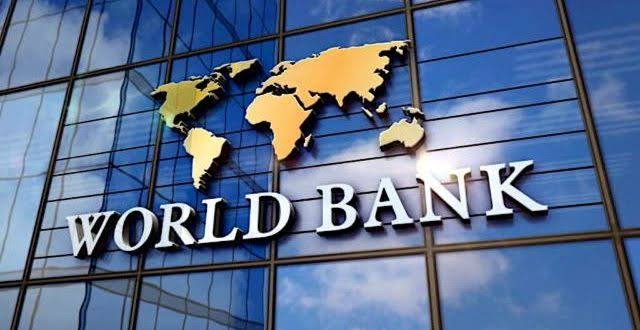The World Bank has approved a $50 million funding package to support Nigeria’s efforts in tackling its food nutrition challenges. The funds are allocated to the Accelerating Nutrition Results in Nigeria (ANRiN) Project 2.0, a crisis response program aimed at improving nutrition outcomes.
During a meeting with Vice-President Kashim Shettima at the Presidential Villa in Abuja on Tuesday, Ndiame Diop, the World Bank’s country director, emphasised the importance of the initiative. Trina Haque, the practice manager for health, nutrition, and population at the World Bank, highlighted the need for nutrition education, particularly for children and adolescents, to ensure better early child development.
In response, Vice-President Shettima reiterated Nigeria’s commitment to addressing malnutrition through community-driven strategies. He presented the N-774 initiative, a localized approach designed to address the unique nutritional needs of each of Nigeria’s 774 local government areas (LGAs). This initiative builds on the successes of the ANRiN project and aims to ensure sustainable nutrition outcomes by fostering local ownership of nutrition programs.
Shettima stressed that nutrition is a national challenge requiring homegrown solutions and emphasised President Bola Ahmed Tinubu’s commitment to supporting such initiatives. He added that the N-774 initiative integrates nutrition goals across sectors like education, agriculture, health, and social protection, reflecting the government’s comprehensive approach to addressing malnutrition.
The vice-president also noted that the N-774 initiative is a timely response to the conclusion of the ANRiN project, ensuring that progress continues with strong community involvement. The government aims to leverage political will for swift, impactful nutrition interventions, confident that continued collaboration between federal and sub-national governments, along with international partners, will yield significant improvements in Nigeria’s community health outcomes.
This support comes after the World Bank’s recent approval of three new financing packages totaling $1.57 billion to aid Nigeria’s efforts in key sectors, including strengthening human capital, improving health outcomes for women, children, and adolescents.





